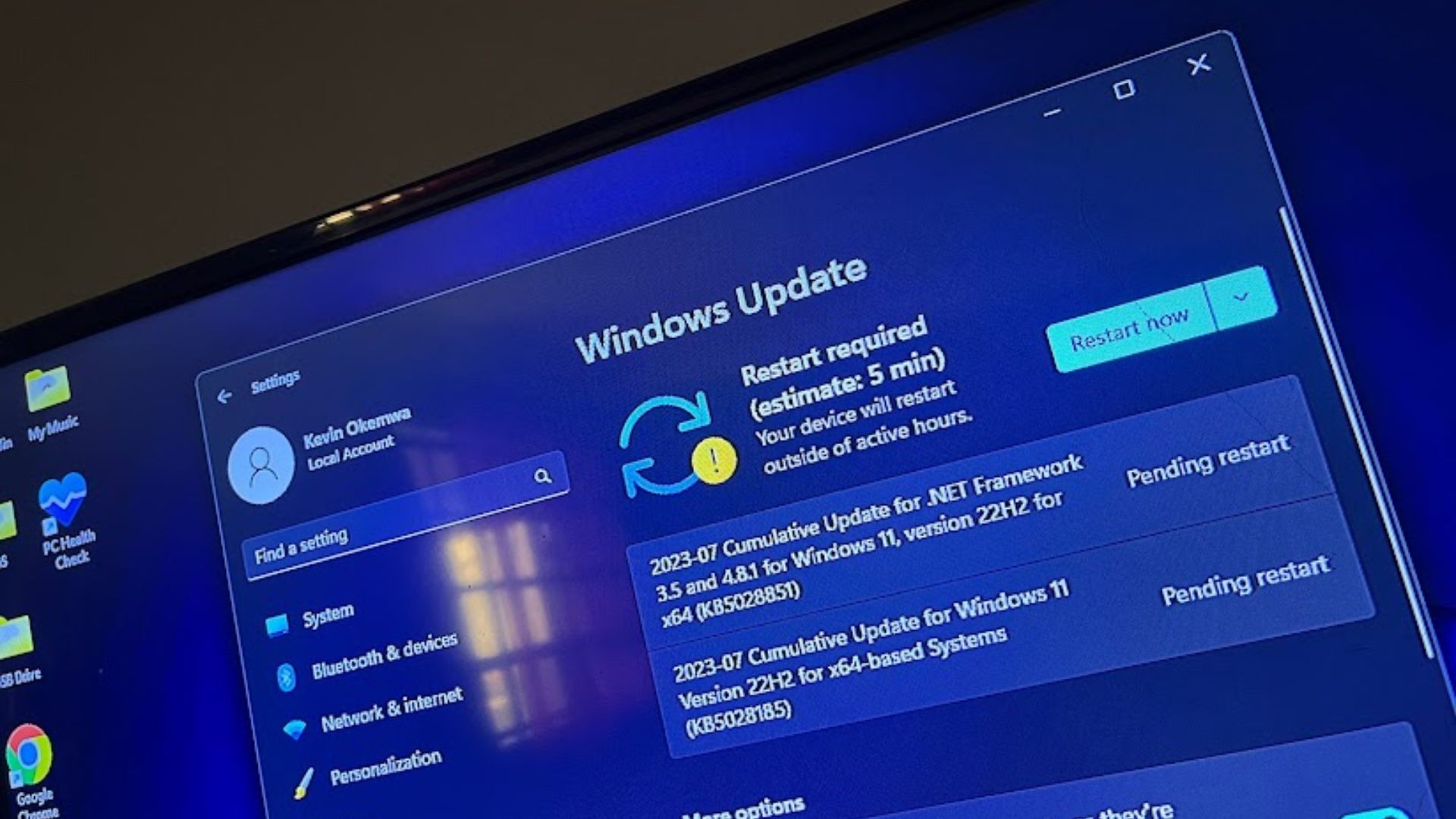What you need to know
- Google recently launched a new Essentials desktop app, which packs its primary services in a centralized location for easy accessibility, including Google Photos, Google Drive, and Google Messages.
- The new experience will ship preinstalled on new HP laptops, including Spectre, Envy, Pavilion, OMEN, and Victus, and is expected to ship to more Windows laptops soon.
- Google offers a 2-month Google One free trial through its Essentials app to new subscribers.
Google is launching a new desktop app dubbed Google Essentials, which, according to the company, will help users “discover and install many of our best Google services.” The desktop app features Google’s primary services, including Google Photos, Google Drive, and Google Messages.
The Essentials app will first ship preinstalled on all new HP laptops, including Spectre, Envy, Pavilion, OMEN, and Victus. Later, it is expected to be available on more Windows laptops.
Google Essentials can be accessed directly from Windows 11’s Start menu, but Google will allow users to uninstall any Google service or the Google Essentials altogether.
The app is a hub for shortcuts to Google’s popular productivity services and a centralized location for the user’s Google account information. “You can also access Google Photos and Google Messages from Google Essentials, making it easier to enjoy your photo albums and respond to texts from friends and family,” the company added.
Finally, eligible subscribers will get a 2-month Google One free trial through Google’s new Essentials app.
🎒The best Back to School deals📝
Microsoft’s Windows 11 is 100% DMA compliant
Earlier this year, Microsoft highlighted changes it had implemented to make its services DMA-compliant after being listed as a gatekeeper by the European Union, including letting users uninstall OneDrive, Edge, Bing, and pin third-party apps on the taskbar in Windows 11.
The tech giant was initially listed as a gatekeeper because of its Bing, Edge, and Windows services. However, Microsoft argued its Bing and Edge services don’t meet the threshold for regulation, placing them at a competitive disadvantage against rivals.
Upon scrutiny and investigation, the watchdog determined that the services weren’t dominant enough in the digital market to warrant DMA regulation, ultimately exempting them from the exercise.
However, Mozilla blasted Microsoft for using deceptive tricks and harmful designs to trick users into using Microsoft Edge in Windows. Additionally, Opera recently filed a complaint asking the EU General Court to annul the European Commission’s decision not to designate Microsoft Edge as a gatekeeper under the Digital Markets Act. The complaint highlighted that Microsoft has made it difficult for users to use third-party browsers as the system default on Windows devices.





